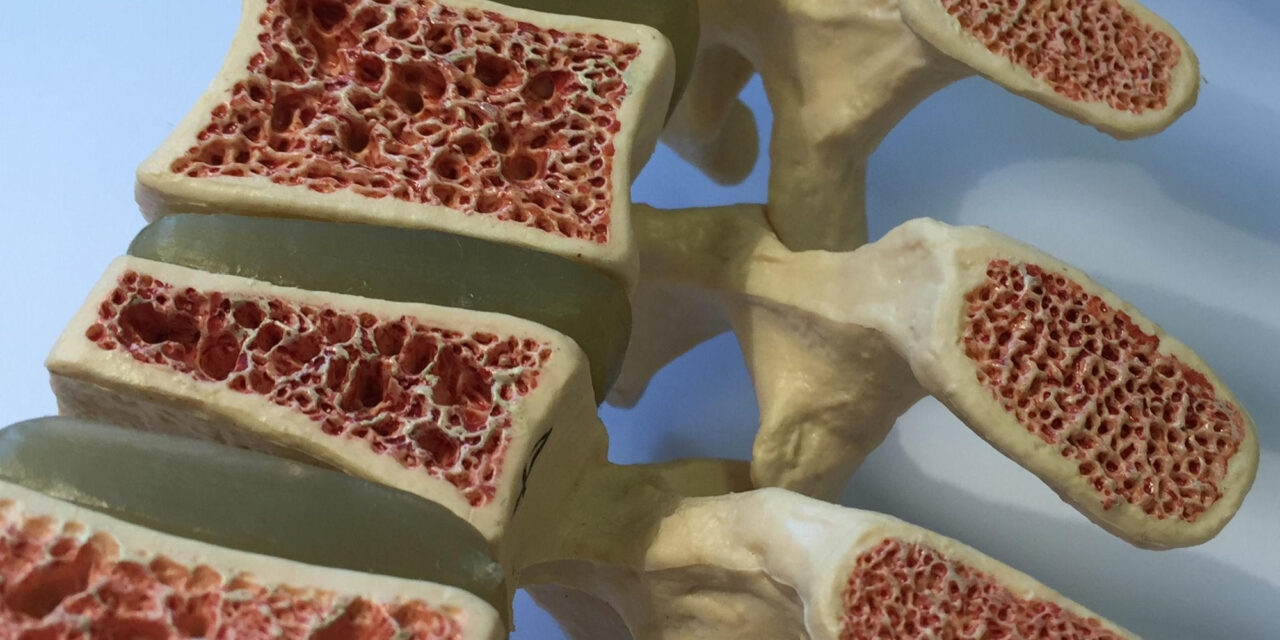A widely used osteoporosis drug may hold the key to treating a rare genetic mutation associated with dilated cardiomyopathy (DCM), according to groundbreaking research led by scientists at the University of Arizona College of Medicine—Tucson. The findings, published in the Journal of Clinical Investigation, could pave the way for new treatments for other rare diseases.
A Potential Breakthrough in Heart Disease Treatment
DCM is a group of disorders characterized by weakened cardiac muscles, making it difficult for the heart to pump blood efficiently. The condition, which disproportionately affects children and adults under 50, often leads to life-threatening complications. According to the American Heart Association, genetic mutations play a role in 30% to 40% of DCM cases, but mutation-specific therapies have been largely unavailable due to the rarity of these conditions.
“We don’t have any mutation-specific therapies so far,” said Dr. Hesham Sadek, co-senior author of the study and director of the Sarver Heart Center. “Drug companies are unlikely to develop a specific drug because there have to be enough mutated patients to make this viable. Unfortunately, some of these mutations are very, very rare—maybe even a handful of patients.”
To address this challenge, the research team pursued a novel strategy: repurposing FDA-approved drugs to treat rare mutations. This approach allows researchers to bypass the lengthy drug development process and provide potential treatments more quickly to patients in need.
The Role of Risedronate
The study focused on a specific mutation known as K210del, which disrupts the function of proteins essential for the heart’s pumping mechanism. Using advanced 3D modeling and AI-driven screening of 2,000 FDA-approved drugs, the researchers discovered that several osteoporosis drugs showed promise in correcting the mutation’s structural defects. Among them, risedronate emerged as the most effective candidate.
“Only one of the drugs, risedronate, corrected the protein shape back to normal,” Sadek explained. “For the first time in an animal model, we found an FDA-approved drug that can correct a gene mutation and normalize heart function.”
Moving Toward Clinical Trials
The team is now collaborating with the National Cardiovascular Research Center in Spain to evaluate the drug’s effectiveness in families with the K210del mutation. Additionally, they are preparing for a clinical trial at the Sarver Heart Center to further assess risedronate’s potential as a treatment for DCM.
Sadek emphasized that this research represents a major step in applying “structure correcting” approaches to heart disease, a method previously explored in cancer and cystic fibrosis research. Looking ahead, he and co-senior author Dr. Sakthivel Sadayappan plan to continue screening FDA-approved drugs for their potential to treat other rare mutations associated with cardiovascular diseases.
“The number of molecules is basically infinite,” Sadek said. “That’s why I came to Sarver—to develop a program to match either FDA-approved drugs or new molecules to patients with rare cardiovascular disorders.”
Implications for Future Research
If risedronate proves effective in clinical trials, it could revolutionize the treatment of genetic heart diseases, offering new hope to patients with rare mutations. Furthermore, this research underscores the value of drug repurposing as a strategy to accelerate the availability of life-saving treatments.
Disclaimer:
This article is for informational purposes only and does not constitute medical advice. Patients should consult their healthcare providers before making any decisions regarding treatment options.












